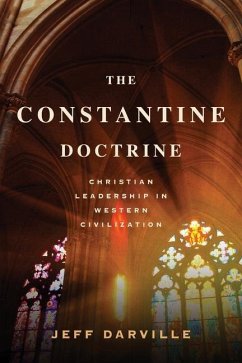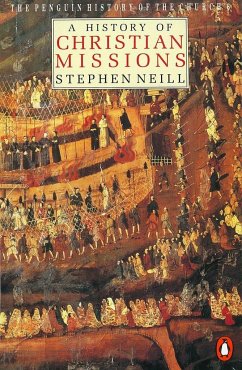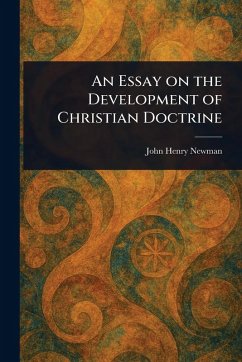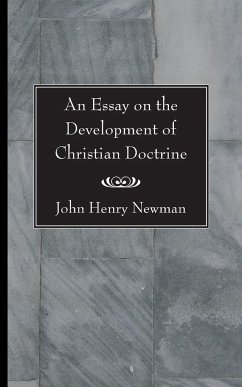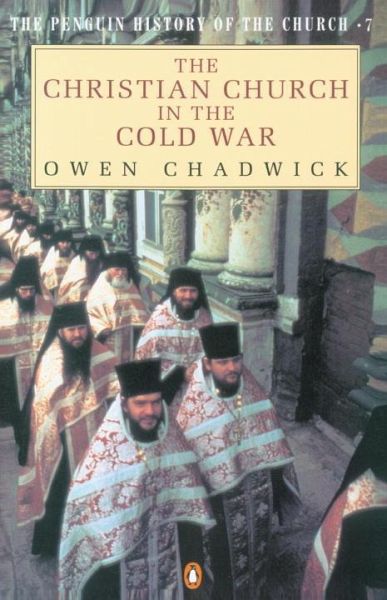
The Christian Church in the Cold War
Versandkostenfrei!
Versandfertig in über 4 Wochen
19,99 €
inkl. MwSt.

PAYBACK Punkte
10 °P sammeln!
From the end of the Second World War until the rise of Gorbachev, the churches in the two halves of a divided Europe might have been living in different worlds. . . . Almost all had to adapt to declining congregations, new concerns about women's role in religion, and changing attitudes to abortion, contraception, and divorce. Yet the Eastern churches, undermined by state control, savage ideological attacks, show trials, and sometimes physical violence, still managed to support resistance movements, for example, the Polish priests who supported Solidarity. In the West, by contrast, tradition-th...
From the end of the Second World War until the rise of Gorbachev, the churches in the two halves of a divided Europe might have been living in different worlds. . . . Almost all had to adapt to declining congregations, new concerns about women's role in religion, and changing attitudes to abortion, contraception, and divorce. Yet the Eastern churches, undermined by state control, savage ideological attacks, show trials, and sometimes physical violence, still managed to support resistance movements, for example, the Polish priests who supported Solidarity. In the West, by contrast, tradition-the great monastic orders, the language of the liturgy, pilgrimages to saints' shrines-was weakened by the fierce winds of secularization; only the charismatic movement proved astonishingly successful. All this is surveyed in the concluding volume of the Penguin History of the Church. The series starts with the first Disciples; it ends in the late twentieth century-with Christians struggling to face up to fresh global challenges and opportunities. "The editor of the series, Owen Chadwick, the distinguished Cambridge historian, did well to reserve this volume for himself, lending to it the wisdom of his years and an aura of academic detachment. . . . Consistently, he brings to light material which well-informed readers will have missed."-Michael Novak, The Times "Dr. Chadwick's concise narrative ought to enlarge the knowledge and sympathy of many."-David L. Edwards, Church Times "Chadwick in his usual engaging style combines fast-moving narrative with dazzling portraits"-Peter Hebblethwaite, The Time Literary Supplement



